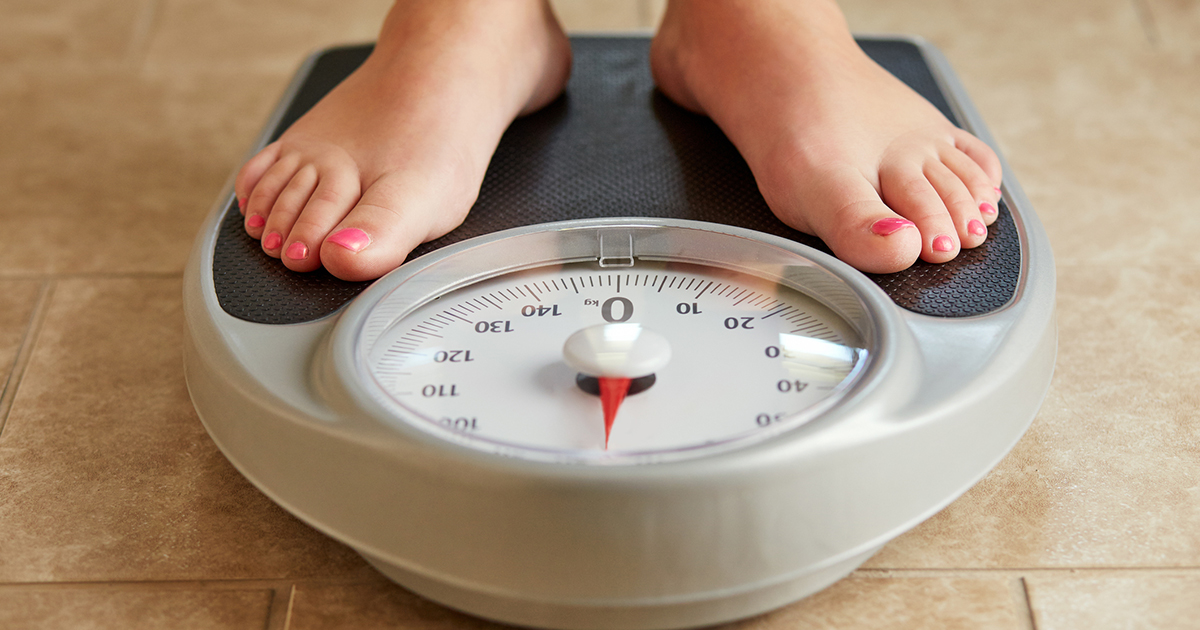How To Treat Hypervolemia
Hypervolemia is potentially dangerous fluid overload in the body. Though the body functions best when it is hydrated, having too much water or other fluid can have serious health repercussions. Hypervolemia can be caused by a variety of other conditions, though kidney disease or failure are the main culprits. Other causes include heart failure, nephrotic syndrome, premenstrual edema, and pregnancy. The signs of the condition are also varied, but be on the lookout for swelling (particularly in the extremities), high blood pressure, shortness of breath, increased or decreased heart rate, and heart muscle problems. If you do develop hypervolemia, your doctor may suggest the following treatment options.
Diuretics

Diuretics are medications designed to amp up the amount of water in the body, which forces excess salt to be expelled from the urine. It may seem counterintuitive to use medication that increases water in the body when suffering from a condition characterized by excess fluid, but diuretics are actually beneficial in removing the sodium causing the system to overload itself with fluid. Doctors often recommend these medications to treat high blood pressure, though they can come accompanied by unpleasant side effects, such as fatigue, lightheadedness, and muscle cramps. In non-severe cases of hypervolemia, patients can also opt for all-natural treatment remedies from the comfort of home. Parsley, green tea, dandelion, and hibiscus are all known to have diuretic properties, as do onions, garlic, watermelon, and grapes.
Continue reading now to discover more treatment options for hypervolemia.
Reduced-Salt Diet

Practicing a reduced-salt diet is another way to both prevent and treat hypervolemia. As the underlying cause of the condition is often related to excessive amounts of sodium in the blood, taking care not to consume more is one of the first steps toward treatment. When the kidneys retain salt, the overall content in the body is increased, which then triggers an increase in fluid content to try to compensate. Excessive sodium intake immediately bloats even a non-hypervolemic individual, but patients with the condition need to be particularly careful about what foods they ingest. When you do consume something with salt, make sure to also hydrate by drinking water, naturally flushing out your system, so your kidneys do not need to go into overdrive.
Keep going to reveal another treatment option for hypervolemia.
Tracking Fluid Intake

Assessing and monitoring your hydration and fluid balance status is also a key component of treatment for hypervolemia. Though sodium is a crucial molecule for blood health, the ratio must be fairly consistent and cannot vary much before problems begin to arise.
Fluids are typically gained through drinking and are lost through sweating and urination. Excessive fluid volume in the body occurs when too much fluid is retained instead of being excreted. If you've been diagnosed with hypervolemia, clinical staff will regularly run tests to monitor your electrolyte balance. However, watching yourself and tracking fluid intake in your daily life is also crucial for treating the condition. Be aware of bloating and swelling, and be sure to always stay properly hydrated.
Keep reading to learn about more treatments for hypervolemia now.
Monitor Your Weight

Rapid and unexplained weight gain is one of the more severe symptoms of hypervolemia. Though its manifestation will differ in each patient, as symptoms vary depending on where the excess fluid is collecting, weight gain in this condition goes beyond bloating and swelling. It can be detected on a scale and does not fluctuate dramatically throughout the day. Unlike bloating, which can have a rapid onset after consuming a heavily-salty meal or during premenstrual syndrome (PMS) for women, weight gain can be accurately monitored. Try to consume more magnesium in your diet by eating nuts, leafy greens, and beans to do this. Vitamin B6 can also assist in weight loss and maintenance and can be consumed through walnuts, bananas, and potatoes. As always, the value and impact of a healthy diet and proper hydration should not be overlooked.
Get to know the net hypervolemia treatment option now.
Rest

Getting proper rest is important for every individual, as the body needs time to recover to avoid fatigue and overstimulation. However, patients with hypervolemia should also be cautious and careful not to over-ingest fluids during rest periods, as this can exacerbate swelling and other symptoms. Be sure to still get an adequate amount of physical exercise, as this is a natural way to boost circulation and excrete excess fluids through sweating. Sitting for too long negatively impacts circulation and often leads to uncomfortable bloating, so take breaks and walk regularly. After physical activity, though, make sure to take a break and recuperate. If you experience swelling in the extremities, it is helpful to keep the affected limbs elevated to heart level during relaxation and sleep.